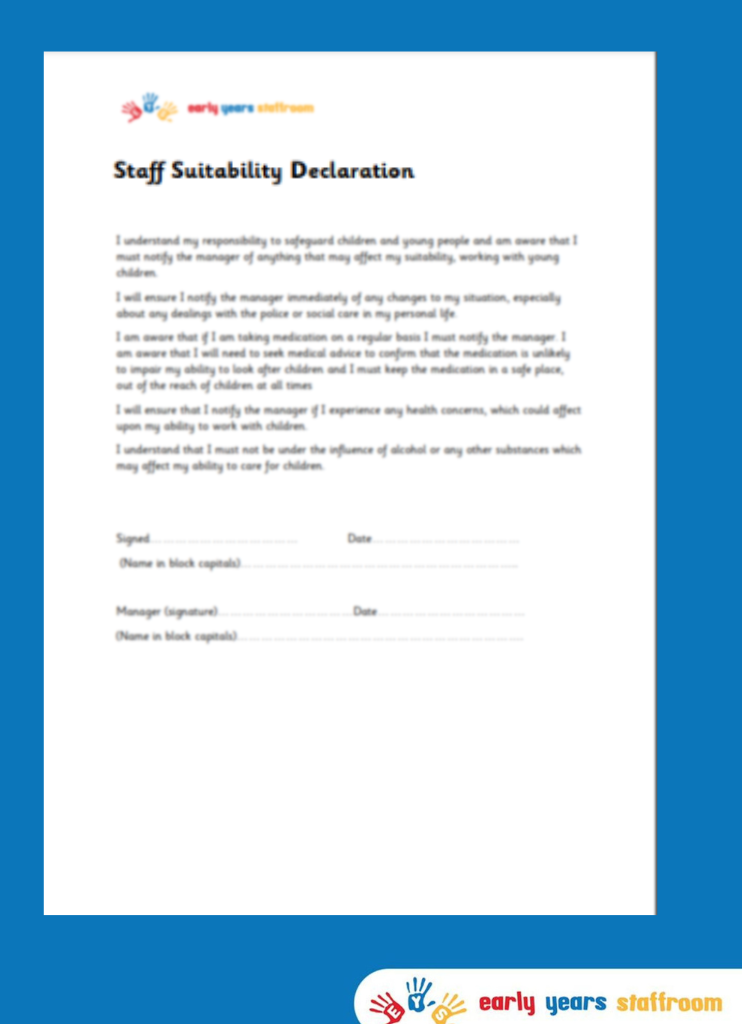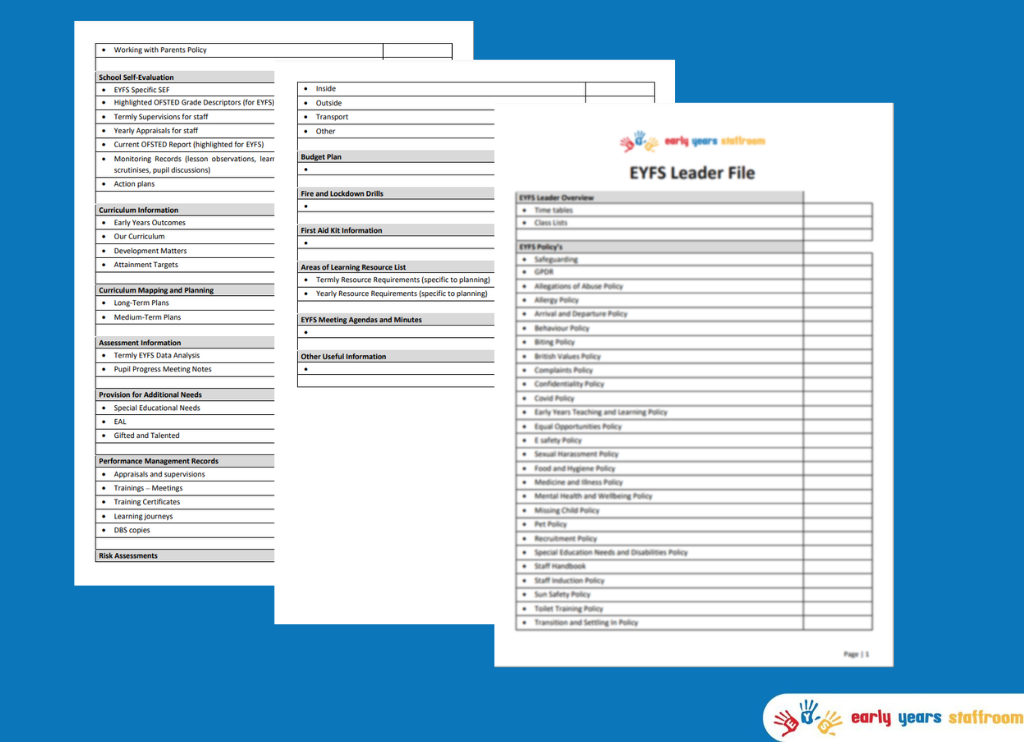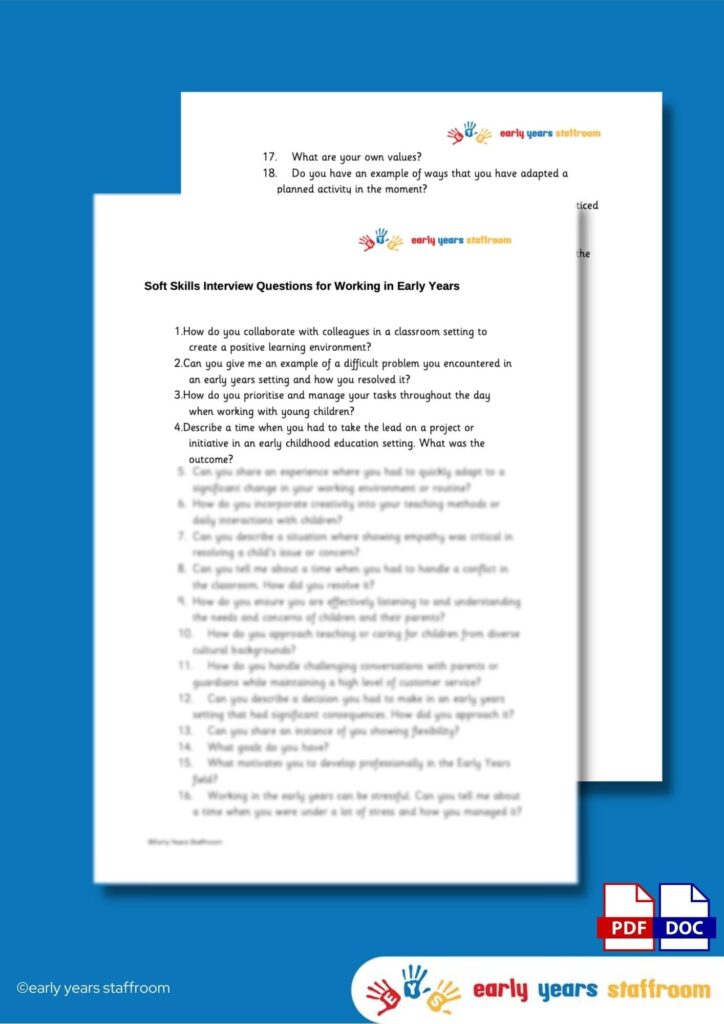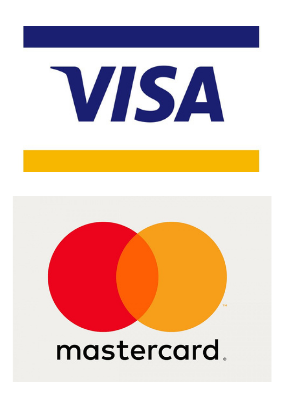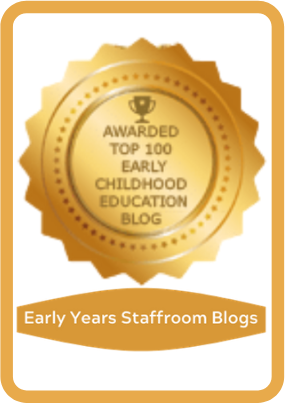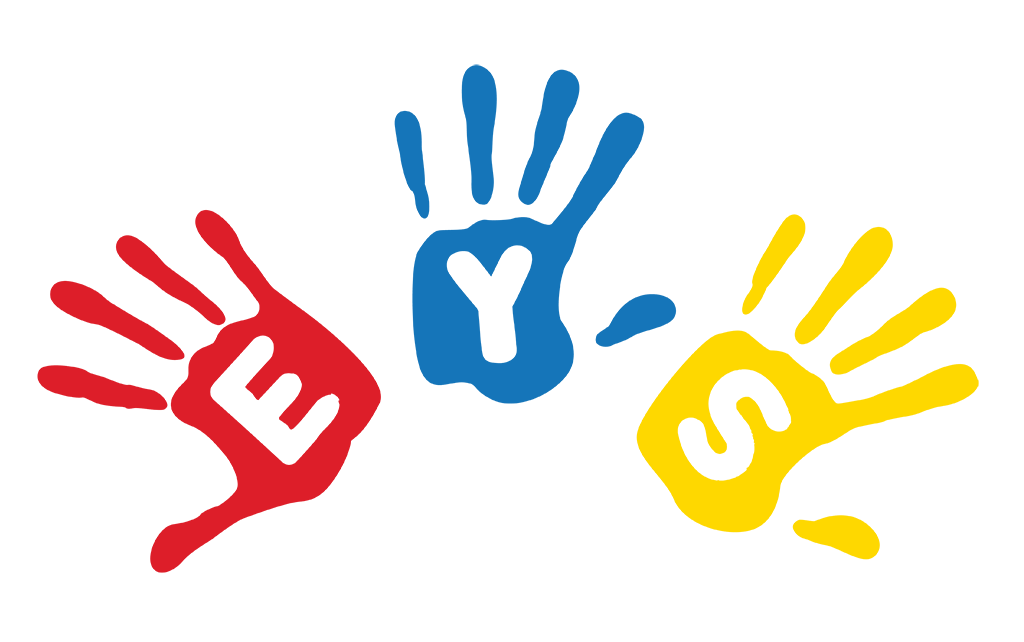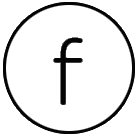How is the Wider National Curriculum taught in the EYFS? Document
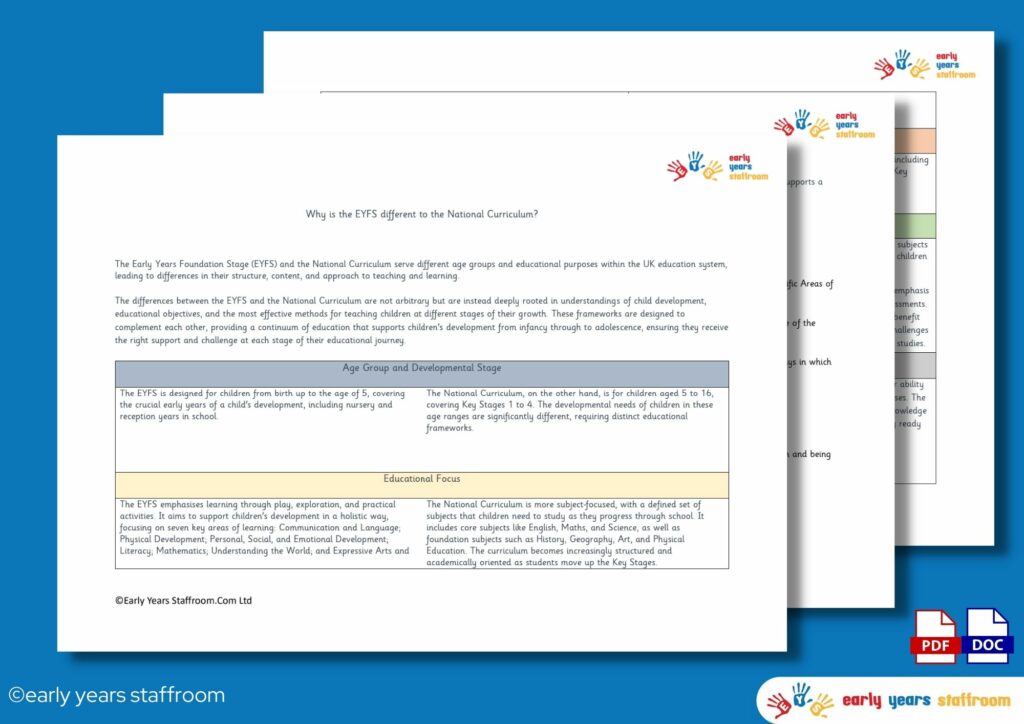
How is the Wider Curriculum taught in the EYFS? Document
This document details why the two curriculums are different .Understanding the differences between the Early Years Foundation Stage (EYFS) and the National Curriculum is crucial for teachers, each contributing to more effective teaching practices and better educational outcomes for children:
Appropriate Developmental Practices
- Tailoring Education: Recognising the developmental differences between the age groups covered by the EYFS and the National Curriculum allows teachers to tailor their teaching strategies to meet the specific needs of their students. Teachers can adopt a more play-based, exploratory approach in the early years and gradually transition to more structured, subject-specific teaching as children grow older.
Seamless Transition
- Facilitating Transition: Understanding both curriculums helps teachers facilitate a smoother transition for children moving from the EYFS to the National Curriculum. Teachers can prepare children for the changes in teaching style, assessment methods, and expectations, making the transition less stressful and more successful for students.
Holistic Child Development
- Supporting Holistic Development: Knowledge of the differences enables teachers to appreciate the importance of not only academic skills but also social, emotional, and physical development. Teachers can support holistic development, ensuring that children develop a broad range of skills that are vital for their overall well-being and future learning.
Informed Planning and Assessment
- Effective Planning and Assessment: Teachers can plan lessons and assess progress more effectively when they understand the goals and expectations of each curriculum. They can ensure that their teaching aligns with the required outcomes for their stage, whether focusing on the broad developmental goals of the EYFS or the more specific subject knowledge and skills outlined in the National Curriculum.
Continuity and Progression
- Ensuring Continuity and Progression: A deep understanding of both frameworks enables teachers to ensure continuity in children’s learning and development. Teachers can build on what children have learned in the EYFS, ensuring that early learning supports success in the National Curriculum, and can identify and address any gaps in knowledge or skills.
Adaptability and Responsiveness
- Responsive Teaching: Awareness of the curriculum differences empowers teachers to be more adaptable and responsive to the needs of their cohort. They can adjust their teaching methods and interventions based on the developmental stage and learning needs of their students, promoting better engagement and learning outcomes.
Professional Development
- Enhancing Professional Practice: Understanding the pedagogical foundations and goals of both curriculums contributes to teachers’ professional development. It enriches their teaching practice, enabling them to adopt evidence-based strategies that are appropriate for the ages and stages of the children they teach.
Not quite what you were looking for? Search by keyword to find the right resource, or request a resource to be created by experts.
